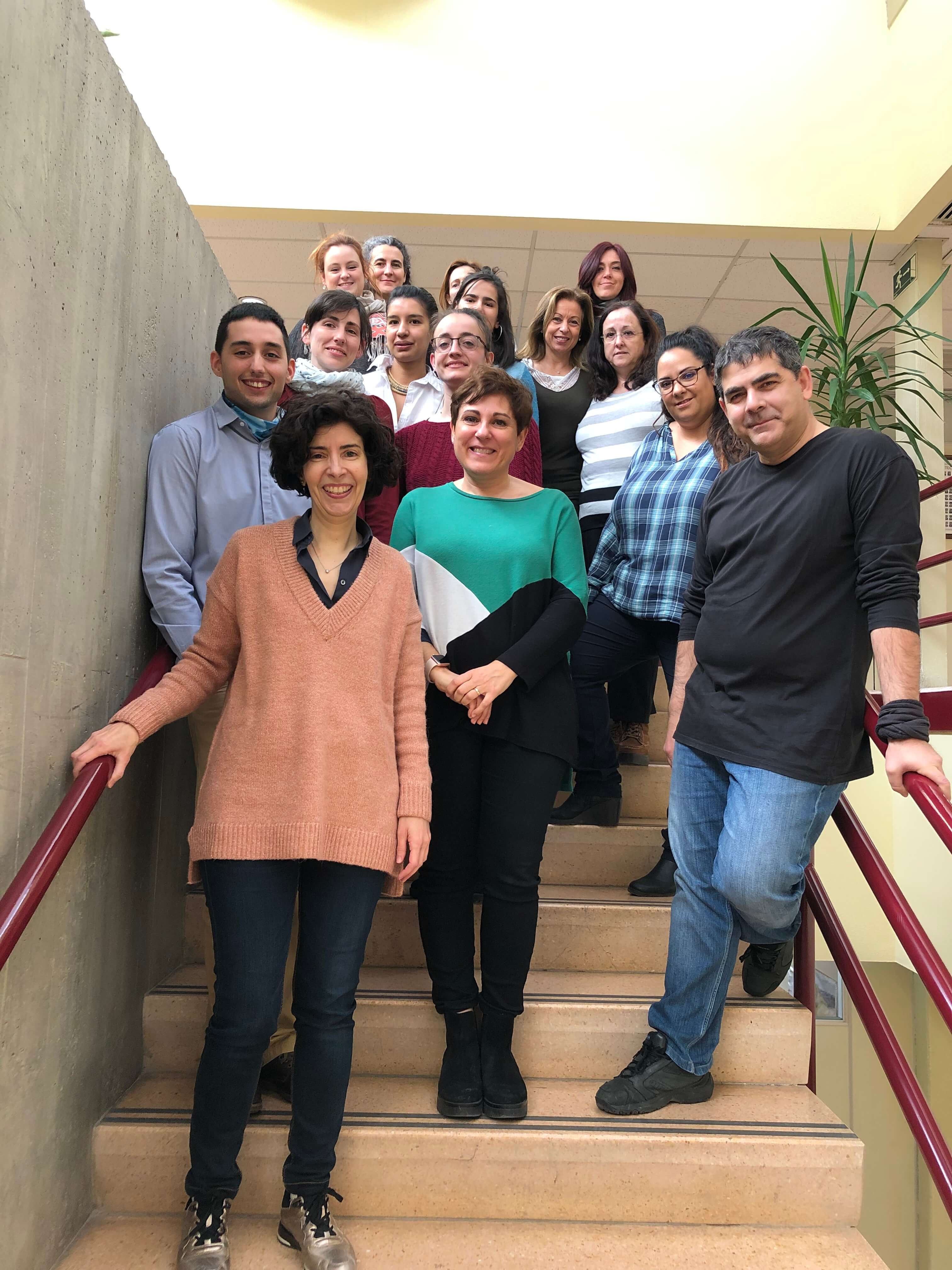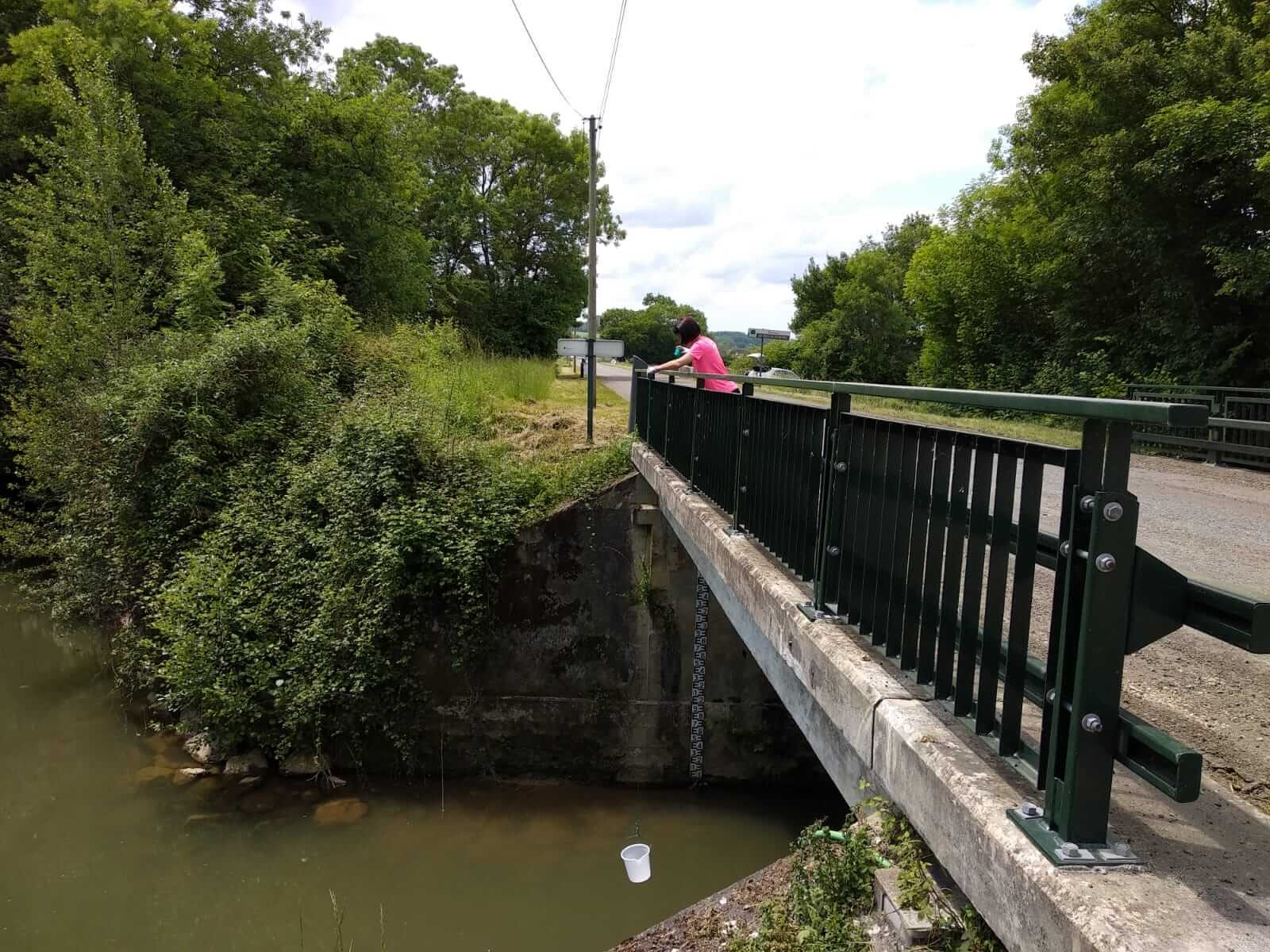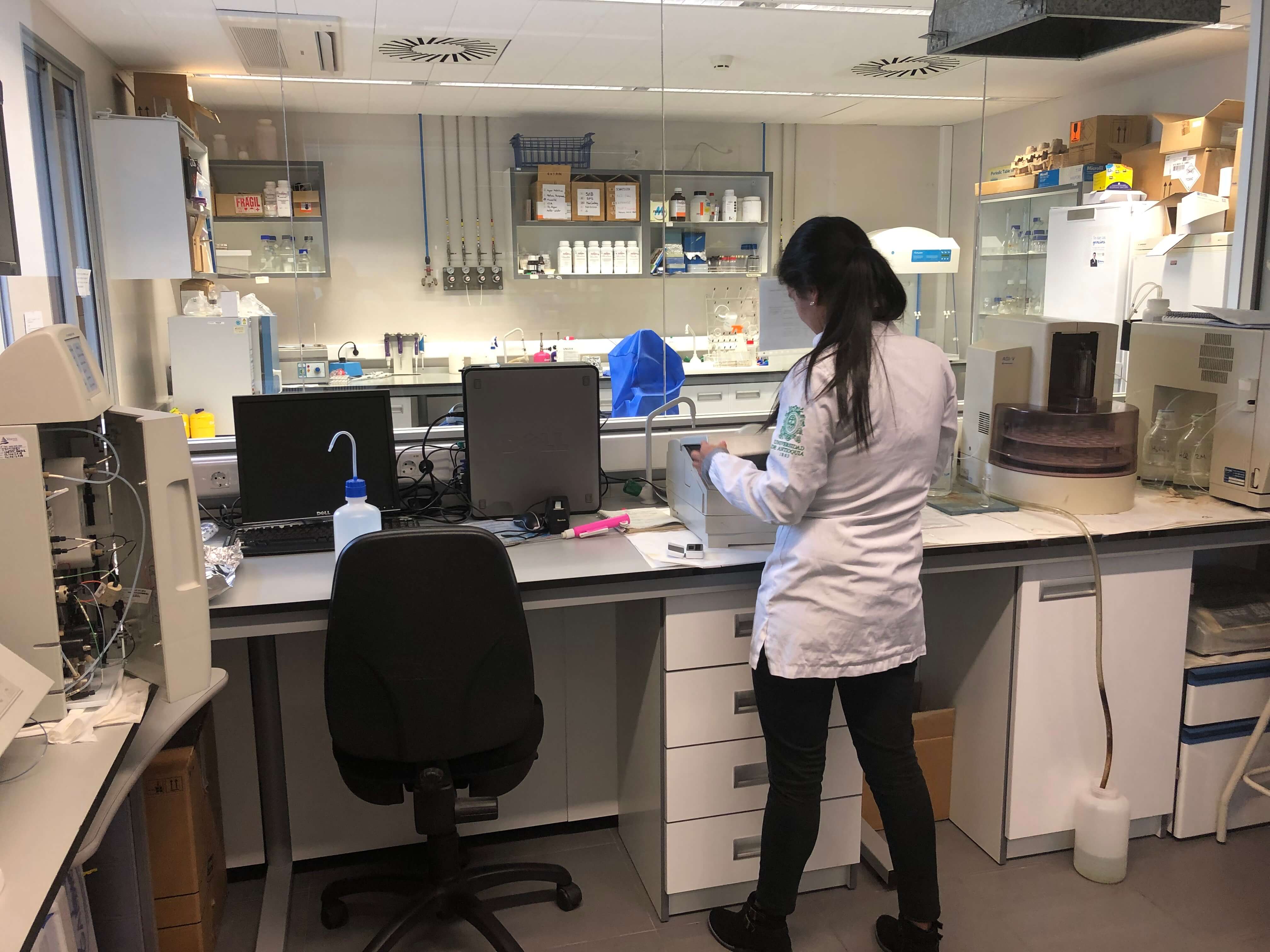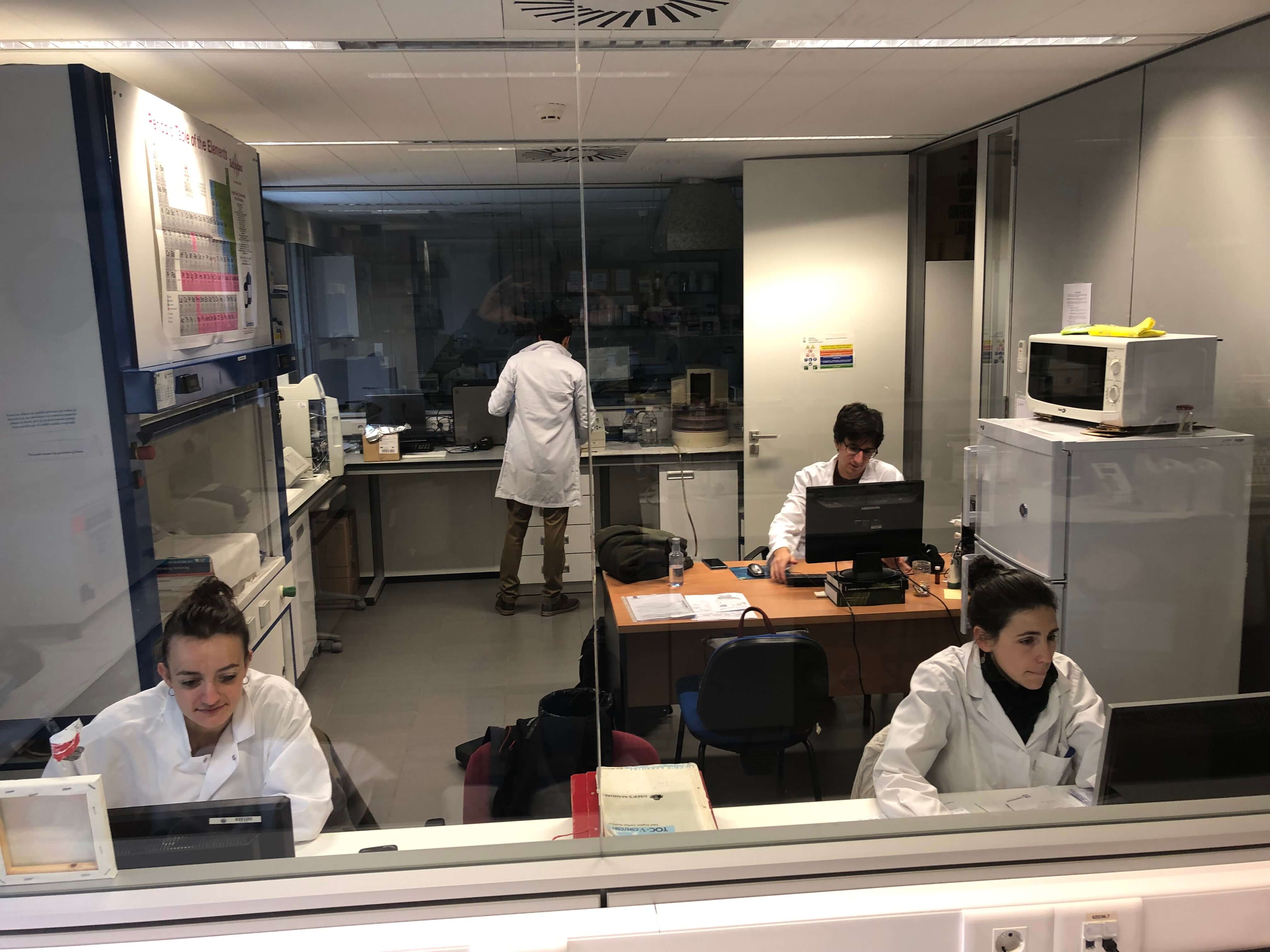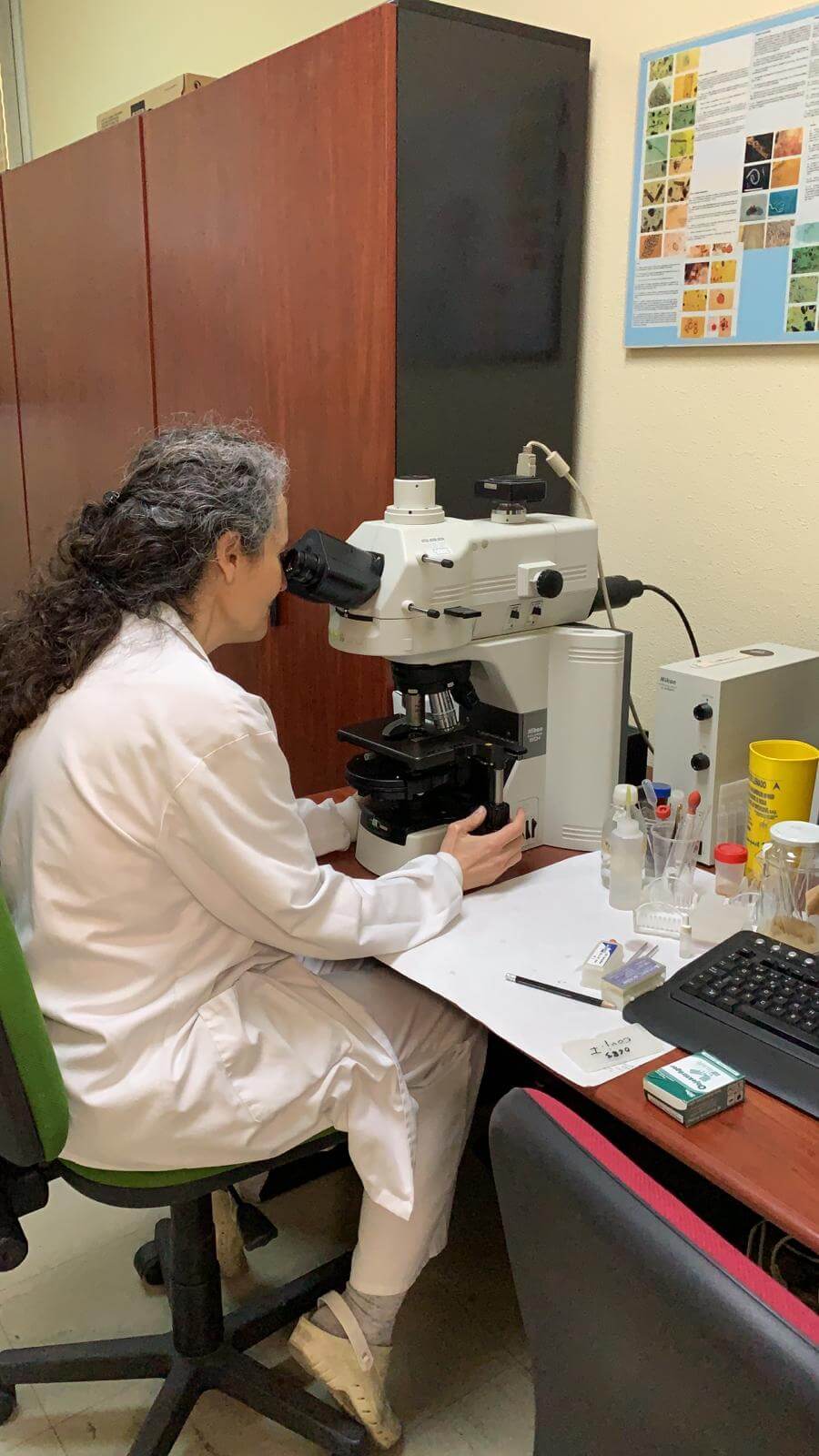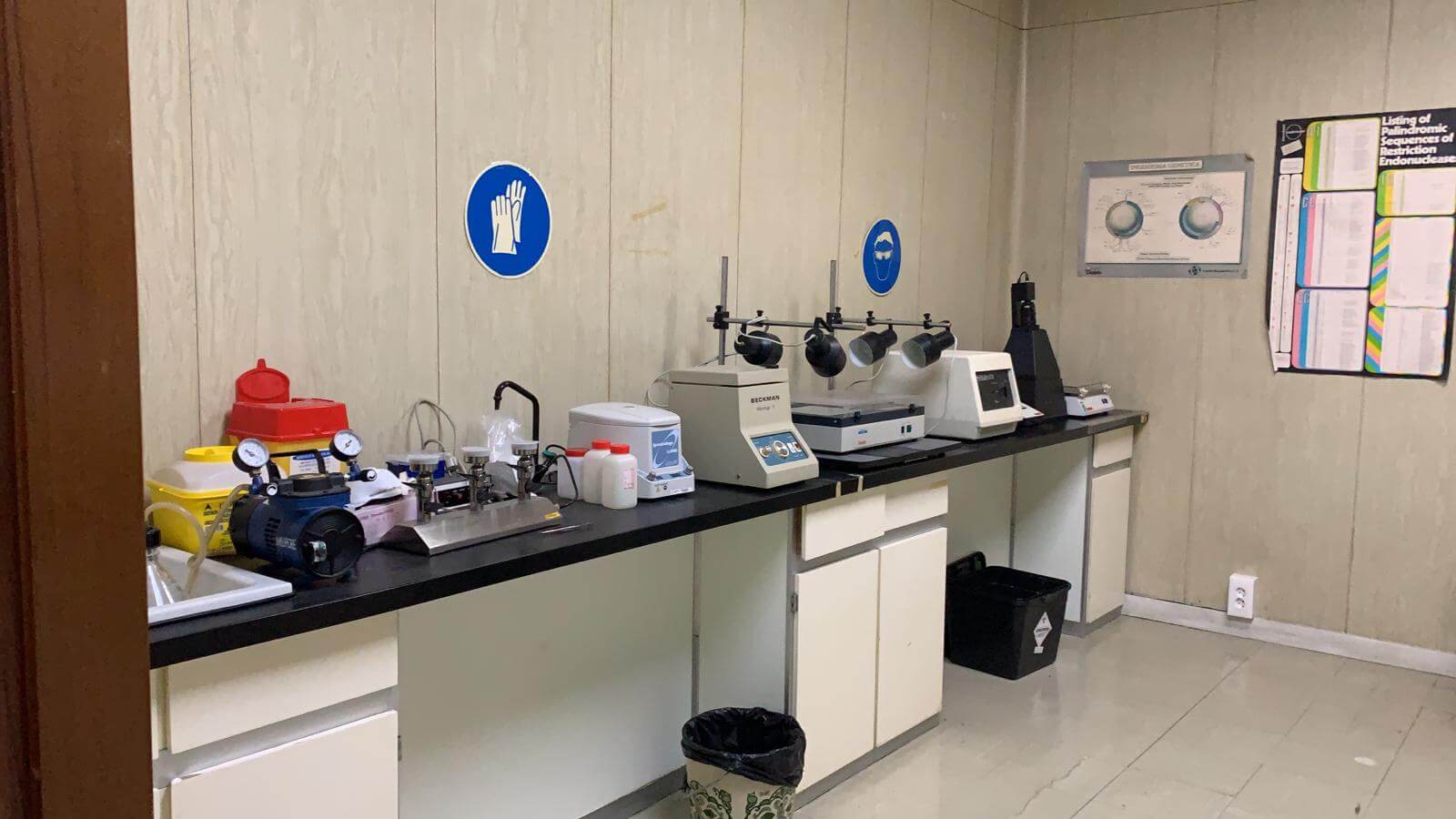Presentation
The main aim of the research group is the development of technologies for identifying pollution and for the defence and conservation of the natural environmental, especially water resources, with a view to ensuring their sustainability and the health of the population, and in so doing, improving the quality of life and social well-being.
The specific aims are:
- Identification of chemical and microbiological pollutants in waters
- Development of new processes for water potabilization, purification and renewal
- Assessment of the role of aquatic ecosystems as a reservoir of resistance to antibiotics
- Optimization and development of technologies for the study of the molecular epidemiology of water-borne protozoa, and proposal for new treatments for the illnesses they cause
- Study of the influence of environmental factors in the health of the population and the effectiveness of self-care activities in managing this.
Lines of investigation
- Water quality control
- Water treatment: potabilization, purification and renewal for reuse
- Management and treatment of waste
- Advanced oxidation processes
- Identification of emerging pathogens
- Epidemiology of water-borne protozoa
- Identification of reservoirs of bacterial and protozoan resistance to antimicrobials (antibiotics and antiprotozoals)
- Proposal for new treatments for illnesses caused by water-borne microorganisms: mechanisms of action and resistance
- Self-care
Projects undertaken
- Quantitative analysis of pressures in the Ebro Basin. CHE 2015-2017
- Advanced processes of water disinfection using nanomaterials, to reduce the impact of urban pressures. Univ. Zaragoza 2018
- Solar energy in water treatment: study of bactericidal power. CUD 2018-2019
- Technologies of advanced oxidation applied to water disinfection and decontamination. Min. Edu., Cult. Dep. 2018
- Intestinal protozoal diseases and their influence on the development of food intolerances. Univ. Zaragoza 2018
- Innovative technologies for the diagnosis, prevention and elimination of emergent pollutants (antibiotics) from the waters of the POCTEFA region. U.E. 2018-2020
- Improvement in the sanitary quality of effluents from sewage treatment plants and urban waste dumps. NILSA 2014-2018
- Application of composting technologies in the treatment of organic waste for agronomic recycling. NILSA 2017-2018
- (In development) EMERGENTcy: Diagnosis, elimination, and prevention of antibiotics and other emerging contaminants, resistant bacteria, and antibiotic resistance genes in the urban water cycle of the POCTEFA territory (2024-2026)
The project aims to diagnose the presence of emerging contaminants (EC) of interest, such as antibiotics, resistant bacteria, antibiotic resistance genes, and other pharmaceuticals in the urban water cycle of the POCTEFA territory. It also seeks to develop technologies to eliminate these contaminants and raise public awareness about the issue of antimicrobial resistance. Lastly, the project will evaluate the need for legislation to regulate the discharge of emerging contaminants.
The EMERGENTcy project is co-financed at 65% by the European Union through the Interreg VI-A Spain-France-Andorra Program (POCTEFA 2021-2027). The goal of POCTEFA is to strengthen the economic and social integration of the Spain-France-Andorra border area. Official reference: EFA037/01 EMERGENTcy Funding entity: European Program INTERREG V-A Spain-France-Andorra (POCTEFA 2021-2027). Participating institutions: Navarra de Infraestructuras Locales S.A (NILSA), Universidad de Navarra (UN), Universidad de Zaragoza (UNIZAR), NavarraBiomed, Centre National de la Recherche Scientifique (CNRS), Navarrabiomed, Ecocène (Nouvelle-Aquitaine), EUROCOB (Occitanie). Coordinating researcher: Jairo Gómez (NILSA)
Lead researcher from Unizar: Mª Pilar Goñi
Total funded amount: €1,299,834


10. TED2021-129267B-I00: Application of Advanced Water Disinfection Processes Using Nanomaterials to Reduce the Impact of Urban Pressures within the Framework of the Circular Economy.
11. Sludge Treatment via Thermophilic Anaerobic Digestion: Study and Optimization of the Technology from the Perspectives of Microbiology, Engineering, and Simulation (THERMOGAS).
Infrastructure
In EINA (School of Engineering and Architecture) and the Faculty of Medicine:
- Two laboratories (approximately 50m2 each) equipped with the necessary infrastructure, material and equipment, as well as the associated safety measures, for the analysis of bacteria, parasites and protozoa. In concrete: autoclaves, laminar flow cabinets, incubators, filtration ramps, microscopes, P3 security laboratory, equipment for molecular biology. Location: EINA and Fac. Medicine.
- A laboratory (approximately 100m2), with the infrastructure, material and equipment necessary for research related to the application of laboratory-scale treatment and the analytical control of physico-chemical parameters: sources of solar and UVA, UVB and UVC radiation, ozone generator, electrolysis system, flocculator, adsorption columns, activated sludge systems, multiparametric equipment, spectrophotometer, ionic chromatograph, total organic carbon analyser, electrometric apparatus, precision scales, filtration equipment, decantation equipment, shakers, etc. Location: EINA
Technological Offer/Services
- Development of technologies for the treatment of waters polluted with dangerous substances, emergent pollutants and potentially pathogenic microorganisms
- Identification of microorganisms in environmental and human matrices
- Epidemiological studies of parasites using the techniques of molecular biology
- Assessment of diagnostic techniques for intestinal parasitic diseases
- Assessment of disinfectants and technologies aimed at the purification of waste waters of urban and industrial origin, and the potabilization of natural waters
Noticias del Grupo
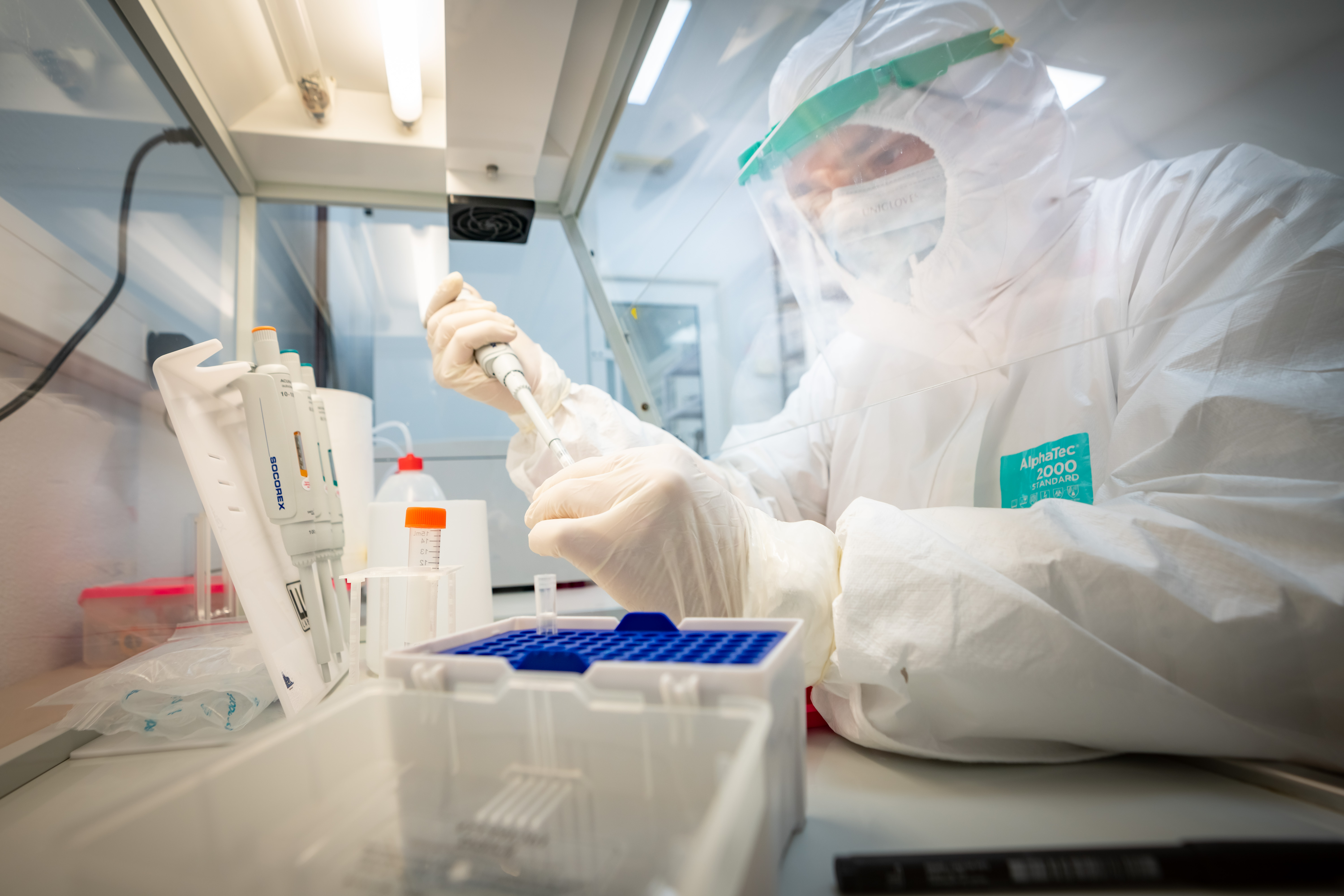
The second edition of the “Stories of the Earth” series concludes with over 1,300 attendees in on-site and online formats.
(Zaragoza. Friday, 27 June 2025.) The Instituto Universitario de Investigación en Ciencias Ambientales de Aragón (IUCA) concluded the second edition of the “Stories of the Earth” lecture series on 18 June. This science‑outreach initiative traveled across all three provinces of Aragon during the 2024–2025 academic year, aiming to bring the institute’s research closer to the […].
An initiative with the participation of the University of Zaragoza aims to raise awareness about global health
(Zaragoza. Friday, September 13, 2024). On Friday, September 13, the Faculty of Philosophy and Letters at the University of Zaragoza hosted one of the presentation sessions for the Bachelor’s Thesis Award “One University – One Health,” an initiative launched by the One Health Platform and MSD in Spain, with the support of the Conference of […].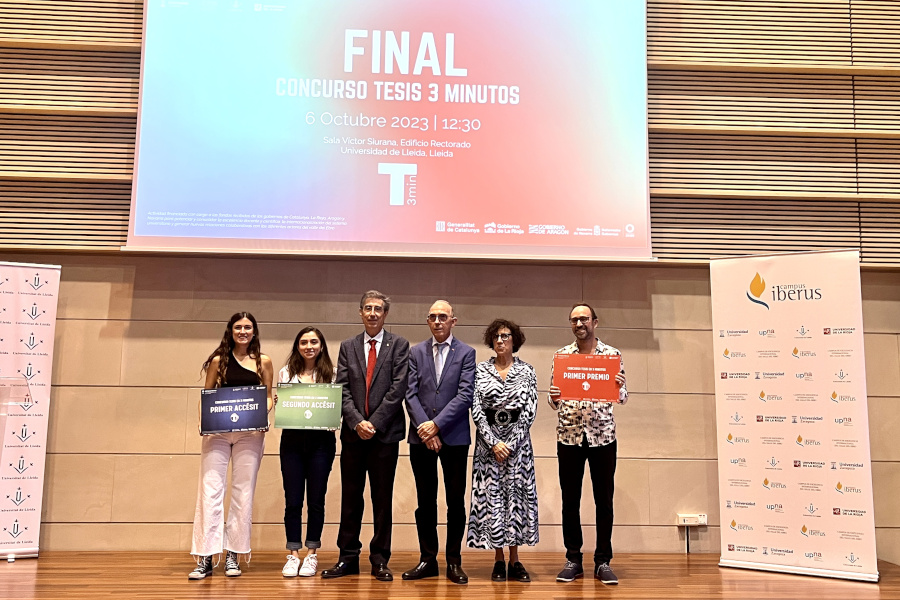
Antonio Beltrán Rosel (Water and Environmental Health) wins the ‘Thesis in 3 minutes’ from Campus Iberus
(Zaragoza. Monday, October 9, 2023). A work to improve the treatment of bites caused by ticks (Ixodoidea) won the final of the Thesis in 3 minutes competition of the Campus Iberus of International Excellence of the Ebro Valley, which was held on Friday, October 6 at the University from Lleida (UdL). Antonio Beltrán Rosel, from […].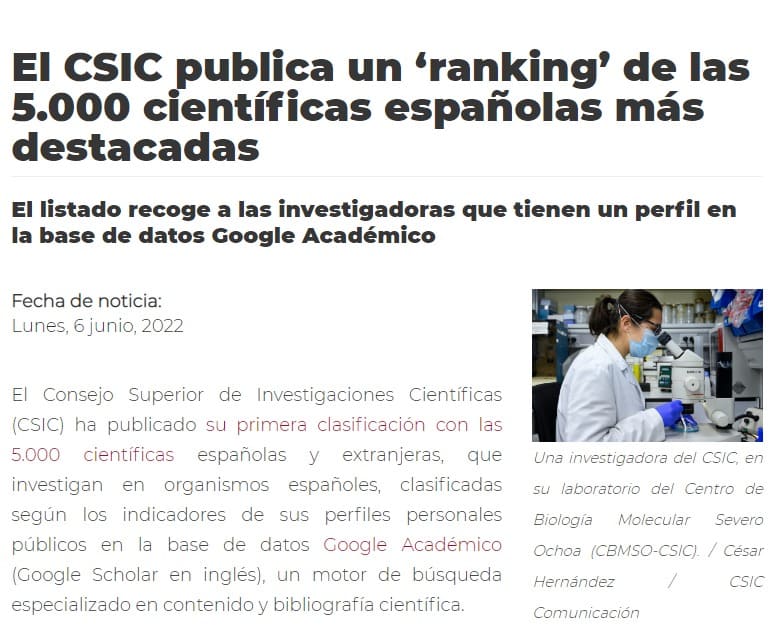
One hundred Unizar researchers, among the 5,000 most cited and best positioned Spanish scientists in Google Scholar
(Zaragoza. Friday, June 17, 2022). More than a hundred researchers from the University of Zaragoza are part of the 5,000 most cited and best positioned Spanish scientists, according to the ranking drawn up for the first time by the Higher Council for Scientific Research (CSIC) in order to increase visibility of the role of Spanish […].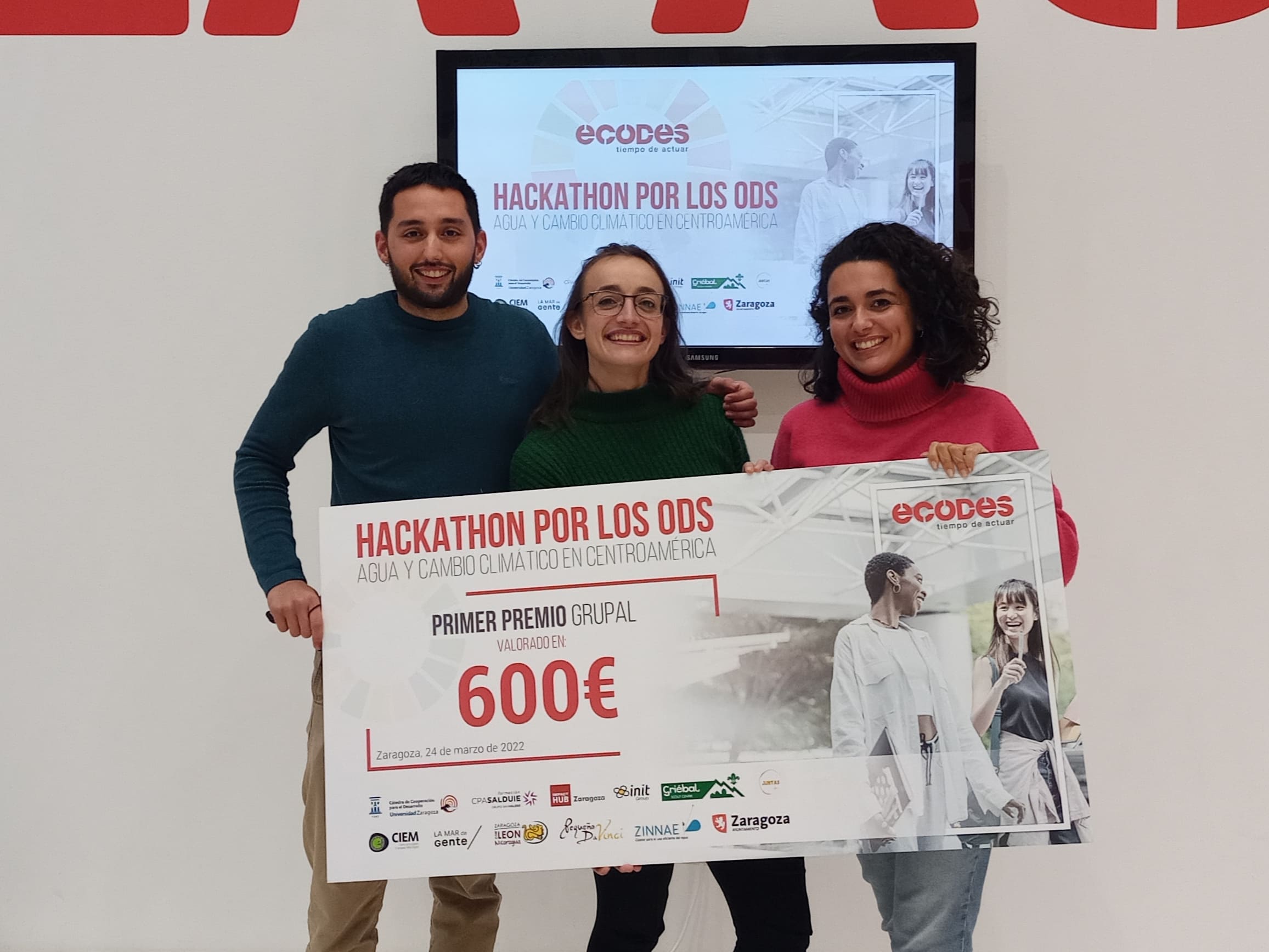
The proposal of IUCA researchers obtains the first prize in the Hackathon for the SDGs: Water and Climate Change in Central America
Last Thursday, March 24, the “Hackathon for the SDGs: Water and Climate Change in Central America” took place, organized by ECODES, in which researchers Carmen Menacho and Samuel Moles, researchers from the Water and Environmental Health group, participated. The event consisted of a day in which, guided by some mentors, the participants had to present […].
| DGA GROUP REFERENCE: | B43_23R |
| YEAR OF CREATION: | 2018 |
| NUMBER OF THESES SUPERVISED (2025): | 1 |
| NUMBER OF PUBLICATIONS (2025): | 17 |
Chief Investigator:
Mª Pilar Goñi Cepero
Co-chief investigator:
Mª Peña Ormad Melero


